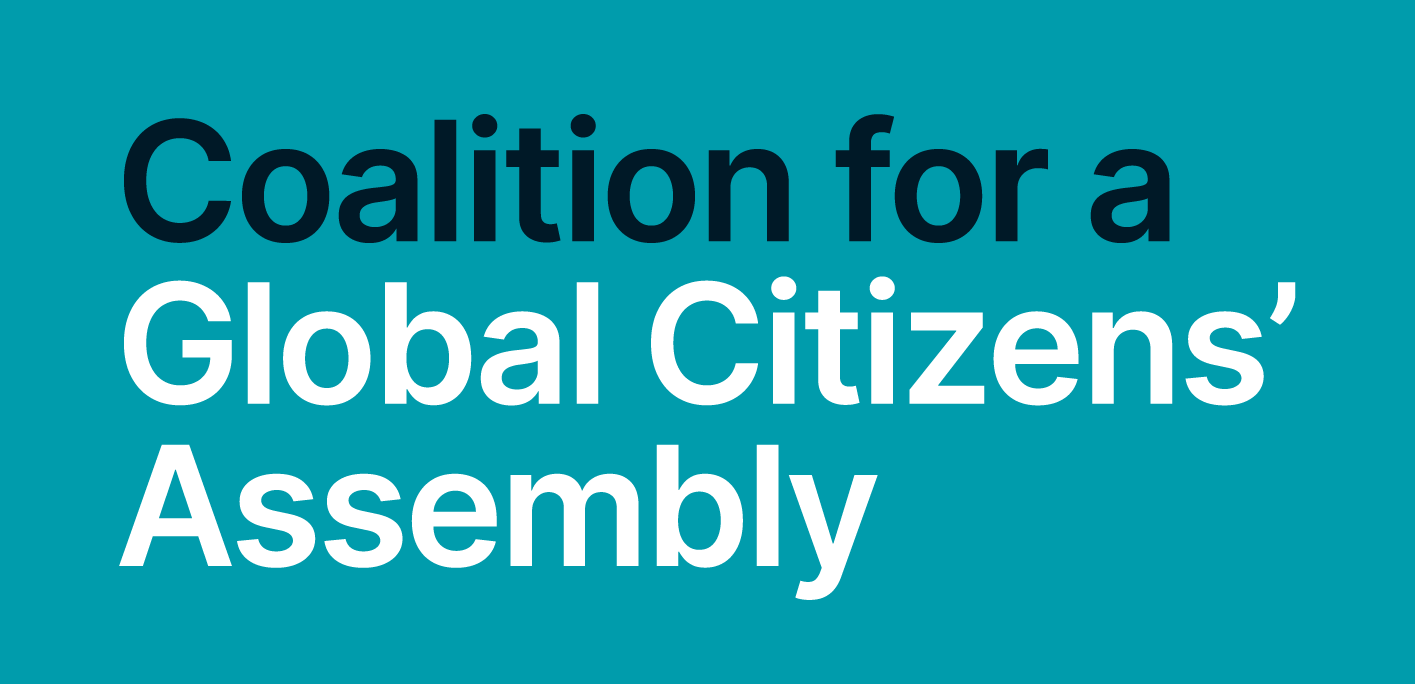Newsletter Archive
A Rundown of New York Climate Week
October 2024
September 2024
The Coalition for a Global Citizens’ Assembly at New York Climate Week 2024
September 2024
Media Archive
Global Citizens’ Assembly to broaden engagement in climate policy, Democracy Without Borders
By Democracy Without Borders, October 2024
The Case for a Global Climate Assembly, Project Syndicate
By Laurence Tubiana and Ana Toni, September 2024
Why We Need a Permanent Global Citizens’ Assembly, UN Dispatch
By Aishwarya Machani, April 2024
‘At the G20, Brazil could be more emphatic about the Urgency of Global Governance Reform’, says Maiara Folly, O Globo [English]
By Eduardo Graça, March 2021
A Global And Permanent Citizens’ Assembly On Transition Issues Should Be Set Up By 2025, AEF Info [English]
By Émilie Legendre, March 2024
There Will Be a Woman…Soon, Blue Smoke
By Blue Smoke, March 2024
Global citizens’ assemblies: expanding the global democracy agenda, Democracy Without Borders
By Farsan Ghassim and Andreas Bummel, February 2024
